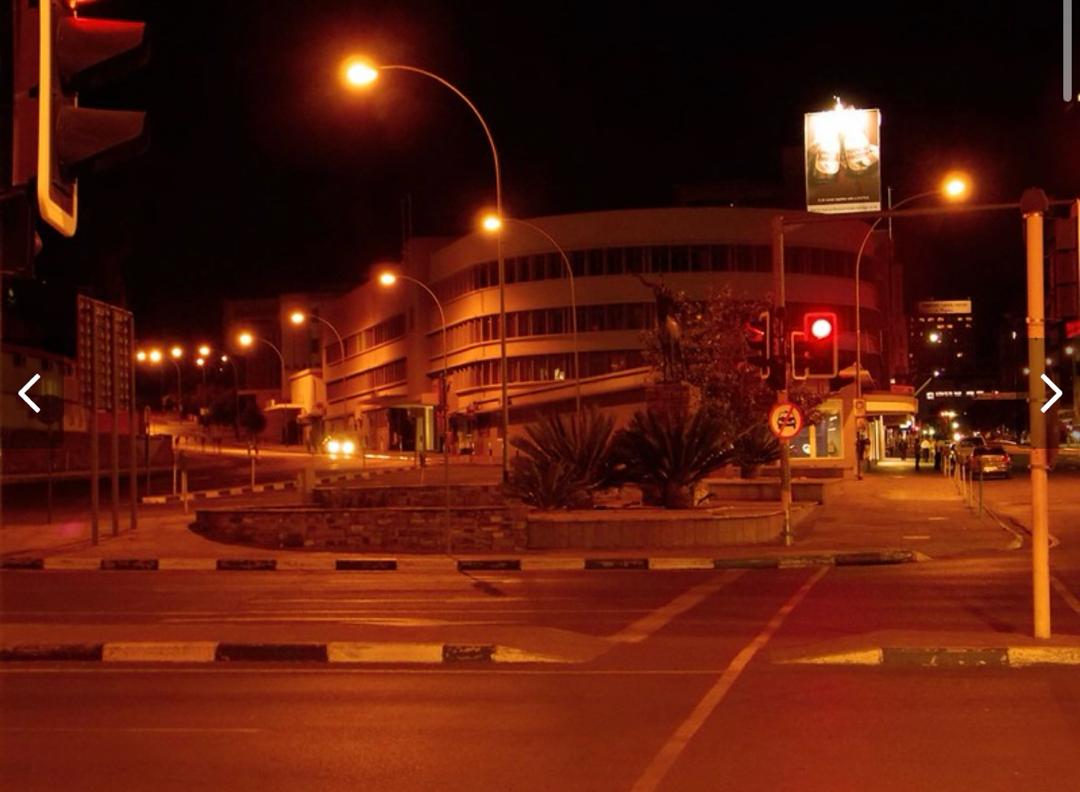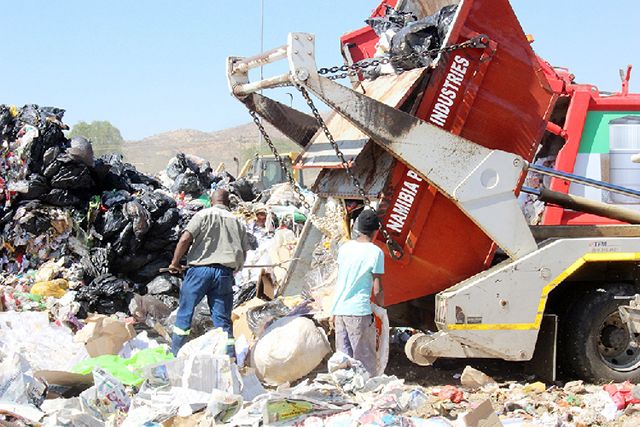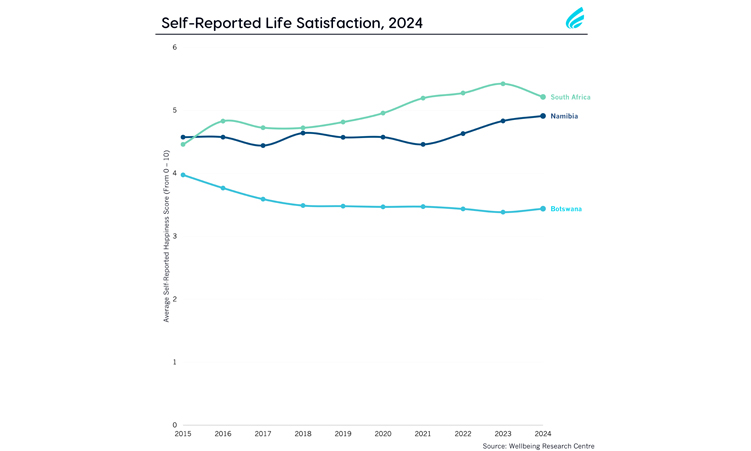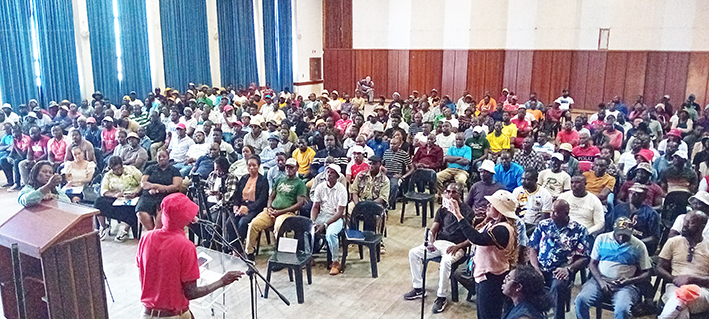A NUMBER of medical professionals came together in Windhoek last week to discuss how to deal with impaired medical practitioners.
Impaired practitioners, according to the five Namibian Health Professions acts, are those with either a mental or physical condition, or those who abuse or are dependent on any substance which could negatively affect their competence, attitude, judgement or performance in the field. The daylong workshop, which was organised by the Health Professions Councils of Namibia and was held on Wednesday, aimed to provide recommendations to the Ministry of Health and Social Services on how to conduct investigations, and how to assess the condition of a person involved.”The council’s primary function is to protect the public and to see that justice is done on behalf of society, and secondly that justice is also done to the impaired practitioner,” Health Ministry Permanent Secretary Kalumbi Shangula reminded Council members at the start of the meeting.Shangula said registered practitioners were granted many rights and privileges, and in turn were expected to fulfil the duties and responsibilities of their profession.During his presentation, guest speaker Boyce Mkhize, the CEO of the Health Professions Council of South Africa, said that medical practitioners often live lives that could encourage negative behaviour such as substance abuse.”There is no practitioner who goes to medical school and studies for eight to ten years with the idea of one day committing a malpractice,” he said, adding that it is necessary to have supervisory bodies available which can play a role in early detection and prevention of negative behaviour.”Accountants don’t get called in at night for figures that are not balancing.Doctors get called in because a baby is being born, or an accident just happened.The life that they lead almost becomes abnormal,” he said, looking at factors that could promote negative lifestyles.Still, he said, the protection of the public should outweigh the right of a practitioner to earn a living or engage in trade.Mkhize educated his Namibian counterparts on his organisation’s experience in investigating suspected impaired practitioners, what actions to consider taking against someone found to be in the wrong, and how to monitor member practitioners.Some of the Namibian attendees expressed concern that a number of unregistered medical practitioners were practising in the country.Another concern was that student doctors sometimes enter examination rooms while under the influence of alcohol.Currently, medical practitioners who are found to be impaired can either face suspension or, in a worst-case scenario, have their licences revoked.The daylong workshop, which was organised by the Health Professions Councils of Namibia and was held on Wednesday, aimed to provide recommendations to the Ministry of Health and Social Services on how to conduct investigations, and how to assess the condition of a person involved.”The council’s primary function is to protect the public and to see that justice is done on behalf of society, and secondly that justice is also done to the impaired practitioner,” Health Ministry Permanent Secretary Kalumbi Shangula reminded Council members at the start of the meeting.Shangula said registered practitioners were granted many rights and privileges, and in turn were expected to fulfil the duties and responsibilities of their profession.During his presentation, guest speaker Boyce Mkhize, the CEO of the Health Professions Council of South Africa, said that medical practitioners often live lives that could encourage negative behaviour such as substance abuse.”There is no practitioner who goes to medical school and studies for eight to ten years with the idea of one day committing a malpractice,” he said, adding that it is necessary to have supervisory bodies available which can play a role in early detection and prevention of negative behaviour.”Accountants don’t get called in at night for figures that are not balancing.Doctors get called in because a baby is being born, or an accident just happened.The life that they lead almost becomes abnormal,” he said, looking at factors that could promote negative lifestyles.Still, he said, the protection of the public should outweigh the right of a practitioner to earn a living or engage in trade.Mkhize educated his Namibian counterparts on his organisation’s experience in investigating suspected impaired practitioners, what actions to consider taking against someone found to be in the wrong, and how to monitor member practitioners.Some of the Namibian attendees expressed concern that a number of unregistered medical practitioners were practising in the country.Another concern was that student doctors sometimes enter examination rooms while under the influence of alcohol.Currently, medical practitioners who are found to be impaired can either face suspension or, in a worst-case scenario, have their licences revoked.
Stay informed with The Namibian – your source for credible journalism. Get in-depth reporting and opinions for
only N$85 a month. Invest in journalism, invest in democracy –
Subscribe Now!










